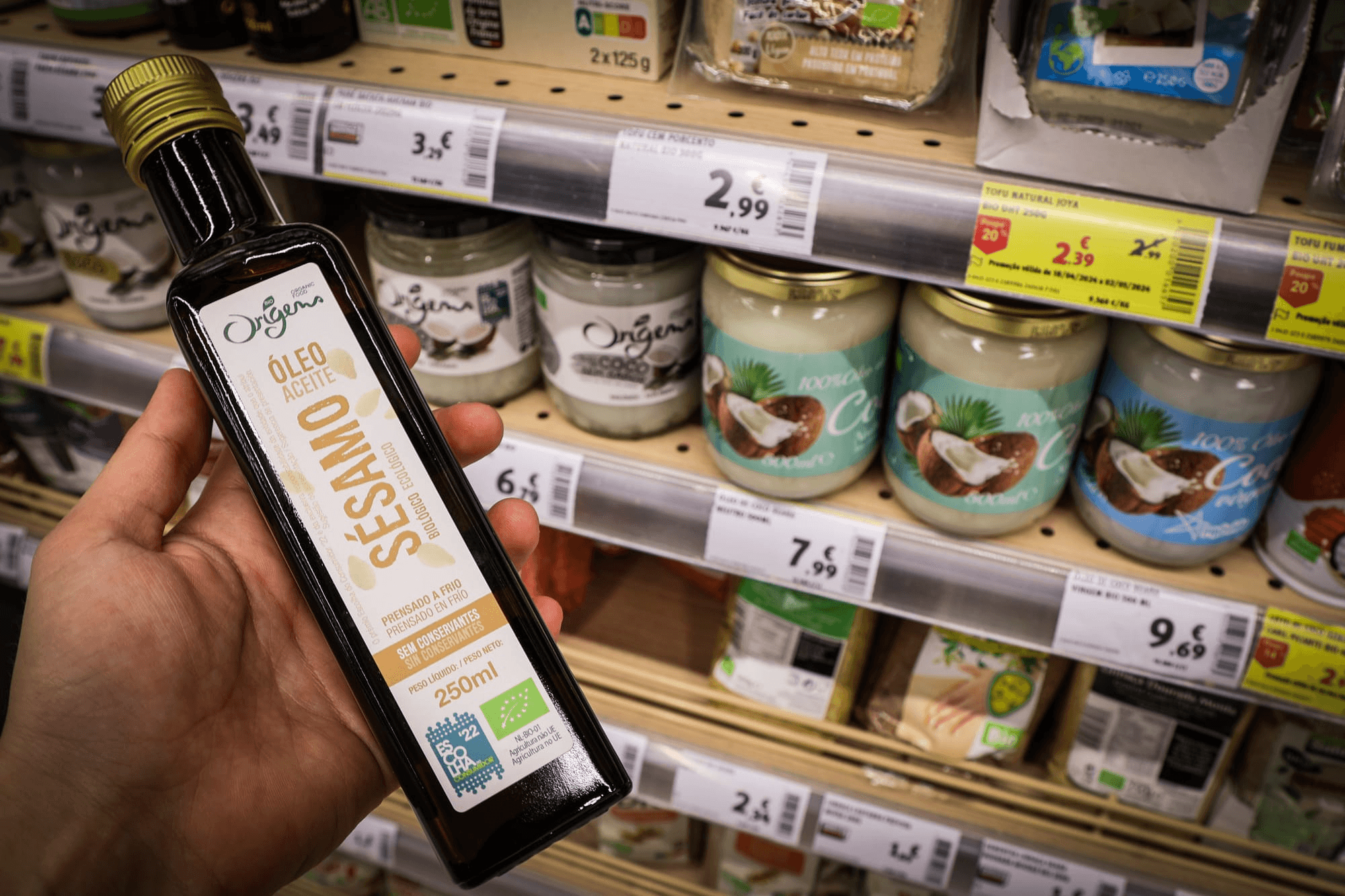3
min read
In the never-ending narrative of killer foods: the latest public enemy appears to be seed oils.
From rapeseed (or canola) to sunflower and soy oil, the humble seed oil seems to be responsible for all kinds of inflammatory problems from heart disease to cancer. While this story isn’t new to those in nutrition science, it appears to have renewed interest among bloggers and health influencers. So, what’s the truth behind the scaremongering?
An inflammatory issue?
The bad reputation of seed oils stems from their high levels of a polyunsaturated, Omega-6 fat (called linoleic acid). This is thought to be converted to another type of fatty acid in the body – arachidonic acid – which can in turn increase levels of inflammation. Excess inflammation is associated with a wide variety of diseases, from diabetes to cancer, cardiovascular disease and even depression. Slam dunk?
So linoleic acid is bad?
Linoleic acid is, in fact, essential in the body and is present in a wide variety of foods (meat, nuts and eggs), not just seed oils. It’s a vital part of every cell in our body and yes, it plays a role in inflammation. But inflammation is actually vital to our health, for example in wound healing and blood clotting, as well as responding to infection. Our health would suffer if we didn’t have inflammation but clearly, we want the right amounts at the right times and not too much.
The fact is, Omega-6 fats are required for inflammatory and anti-inflammatory processes in the body so it’s too simplistic to say these types of fats cause unhealthy levels of inflammation.
What about the ratio of Omega-3 to Omega-6?
Again, there’s an over-simplistic narrative that we eat too many pro-inflammatory Omega-6s and not enough anti-inflammatory Omega-3s which tips the balance in favour of inflammation in the body. However, studies reveal that, as long as you’re consuming Omega-3s from oily fish (salmon, sardines, trout and mackerel), seeds like flax and chia and nuts like walnuts, the ratio itself doesn’t matter.
When might Omega-6 fats be a problem?
It is true to say that many ultra-processed foods (UPFs) contain seed oils, some of which may have been industrially processed. We have two issues here:
UPFs are often high in fat, saturates, sugar and salt and low in positive nutrients. It might not be the seed oils that are the problem but more the fact that these foods, when eaten in excess, can contribute to weight gain - thereby increased levels of inflammation - and all that comes with it
Repeatedly heating unsaturated oils to very high temperatures in industrial or restaurant settings, such as deep fat fryers, can lead to the build up of toxic compounds but there are regulations to prevent this and heating some rapeseed oil at home to fry your food is not going to have the same effects
In short, seed oils can form part of a healthy and balanced diet that supports heart and more general health, particularly when combined with plenty of Omega-3 fats, and reduced levels of saturated fat, salt and added sugar. It’s important to try to reduce your intake of UPFs and to eat plenty of whole foods, including grains, fruit and vegetables.
The team at Daily Body Coach can help you understand and balance all these factors to enhance health and performance. Book a quick call with our certified experts to get started.













